|
In case you didn't know, Protein is a pretty important food group. Therefore I have decided to answer all the major questions people have to help you get better results with your training and eating. If I have not answered everything you need to know about Protein in free series below, comment below the post and let me know. I would love to make sure you have all the information you need to get fit, strong and healthy. Protein is a very important food group but for decades it has been viewed through the lens of bodybuilding and strength. However, in the past few years it is moving into the realm of positivity in the media mainstream. Proteins are made of smaller molecules called amino acids that the quite literally, the building blocks of all life. It’s not a good group you want to be reducing too much. We need these amino acids to facilitate chemical reactions to keep our bodies running and to build our muscles, organs, hair, skin, nails and teeth. Each of you need different amounts but a simple starting point is to get at least 1-2 palm sized portions per meal. Protein is a major part of your body’s cells so it’s a good idea to source the best quality you can which includes lean meats, unprocessed versions, nuts, seeds, legumes and beans. Also, your body can make some of the amino acids but there are 9 of them that it can’t make so it’s even more important to eat them via food. What are your favourite protein foods? How much protein do we need? Imagine you had a sink with a little pool of water in it. This pool of water is equivalent to your amino acid pool (the amount of broken down protein molecules in your body). Imagine the sink never had a plug and it was constantly emptying. This is similar to the amino acid pool in your body. Your body is constantly making or breaking down protein as needed. We don’t really have a place to store protein like carbs and fats. Therefore we need to eat protein every day as we have to replace those losses. If we didn’t eat protein we would literally start digesting ourselves. This is one reason why very low calorie diets can result in muscle loss because the body has to get protein from somewhere if we don’t give it enough food. It is estimated that a healthy adult needs around 0.8g of protein per kg of body weight each day. Someone who is trying to build muscle or train a lot would need anywhere from 1.2 - 2.4g per kg of body weight per day. Again, I like the simple rule of eating 1-2 palm sized portions of protein per meal per day. I would eat 1 palm sized portion for weight loss and toning and 2 palm sized portions if I liked protein and wanted to add lean muscle. You now know that you need to eat protein every day. What foods could you add to your diet to get enough protein? When should I eat my protein? Protein should be distributed throughout all your meals each day. Your body can only process and utilise a certain amount of protein at any one time. A lot of people will fast and a lot of people will eat coffee and a banana bread for breakfast and usually go protein heavy for dinner but they are missing out on the benefits of eating protein regularly throughout the day. It’s is not absolutely essential to chug a protein shake straight after a weights session also. Getting enough protein rather than the exact time it is eaten is more important. Eating protein throughout the day is what matters. What is a high quality protein? A high quality protein contains all the essential amino acids (broken down version of protein and the building blocks of muscles and most cells) for the amounts that we require for our bodies. It may or may not contain all the non-essential amino acids. Generally, foods from animal sources like meat, fish, chicken, cheese, eggs and yoghurt provide high quality proteins. Protein from food sources like vegetables, nuts and seed and grains tend to be limited in one or more essential amino acids which means you simply have to eat a wider variety of them to cover all your bases. It’s recommended that vegetarians or vegans combine two or more different plant protein foods with complimentary amino acid profiles to make sure the body gets all the essential amino acids it needs. You can mix up these proteins throughout the day to achieve this goal. So, now you know why protein is important for weight loss, who it’s important for health, how much and when to eat it. Is there anything else you want to know from this series on Protein? Should you be drinking shakes? Most dieticians will tell you that if you are meeting your daily protein requirements through your diet you don’t need to take a protein supplement. However, for some people who travel a lot for work, it can be a great alternative if they don’t have healthy protein options available. It’s also great for people who want to build lean muscle and need to consume extra calories but their appetite isn’t huge. A shake can be beneficial in this instance. Whey protein is a very popular type of shake. It is considered to be a “complete protein” (see my earlier posts in the protein series). It is complete because it contains all 9 essential amino acids that your body can’t make on its own. So if you do need additional protein, it can be a food addition to your diet. It is absorbed really quickly and can help preserve your precious muscle tissue when trying to lose weight or during the natural ageing process. Do you drink a protein shake? If you are looking to lose weight, get fit, more toned and confident, I'm looking for 5 men or women who want to lose between 5-10kg's, and gain strength, definition and tone.
This is a remote, online training program specifically geared towards those of you who don't live in Sydney, or can't get to my studio. Spots are extremely limited and I'm only looking for 2 people who are ready to make a change today. To apply, fill out the form in the link below and I'll be in touch if you meet the requirements: https://bit.ly/3kGzsBM Thank you.
1 Comment
Why is protein the most important food group to get right when it comes to fat loss and muscle toning? Everyone loves a good discussion about carbs and fats but did you know that many experts believe that it’s the high protein in low carb diets that actually provides the weight loss benefits. Here are 2 reasons why it’s so important to get Protein right. 1️⃣ It helps you eat less without feeling hungry. Why? Research constantly shows that protein makes you feel full for longer and so you eat less and lose weight. This is because it takes longer for the body to break down protein than carbs or fat. Protein also stimulates the release of satiety (fullness) hormones in the gut. As a result, when you eat good protein, you tend to eat less food. 2️⃣ It helps to build and maintain valuable muscle tissue (very important for performance, strength and body shape). Without enough protein, our bodies don’t perform that well. We need proteins to get amino acids (the building blocks of protein) to produce inportant molecules in our bodies like enzymes (which help chemical reactions), neurotransmitters and hormones. If we don’t get enough protein, our bodies will take it from somewhere and this means it can take it from your muscles resulting in muscle loss. This is even more exaggerated when you are eating in a calorie deficit. If you are someone who is training hard and wants to push themselves in the gym, protein is crucial. I recommended that you eat at least one palm sized portion of protein per meal if you want to lose weight and keep your muscle, and 1-2 palm sized portions per meal if you want to build muscle. What is your favourite source of protein? If you are looking to lose weight, get fit, more toned and confident, I'm looking for 5 men or women who want to lose between 5-10kg's, and gain strength, definition and tone.
This is a remote, online training program specifically geared towards those of you who don't live in Sydney, or can't get to my studio. Spots are extremely limited and I'm only looking for 2 people who are ready to make a change today. To apply, fill out the form in the link below and I'll be in touch if you meet the requirements: https://bit.ly/3kGzsBM Thank you. Will Carbs make me fat? Many of you believe that carbs are uniquely fattening? Let’s explore why and then answer the question. This fear has stemmed from a theory called the “Carbohydrate - Insulin - Hypotheses”. This theory suggests that carbs drive weight gain through their effects on one of our body’s hormones - Insulin. So. You eat carbs. Blood sugar goes up. Your Pancreas releases Insulin. This tells the body to move glucose (sugar) from our blood into our cells and increase storage of fat. Secondly, it prevents the breakdown of stored fats and proteins for energy so we burn “sugars” for fuel. Therefore the idea is that people who eat less carbs will release less insulin and burn more fat than people who don’t. Simples. 😊 However, researchers and scientists decided to test this in a metabolic ward (a sealed chamber) where every last piece of food and movement was measured and no cheating can occur. Each participant ate the same amount of calories and protein and the difference being that one group ate low carbs and the other ate high carbs. Remember. Calories were the same in both groups. If high levels of insulin in our blood, (caused by eating more carbs) promotes fat gain, then lowering carb intake should cause more fat loss as less insulin is released. The studies showed that this was clearly not the case. All the metabolic ward studies show that when calories and protein are matched in numbers, the percentage of carbs in the diet made very little difference to the overall weight loss. In fact, the amount of carbs or fat had little to do with the amount of fat burned, despite the differences of insulin circulating around the people’s bodies. Conclusion. Energy balance (and therefore body weight) is determined by a number of different factors from biological, psychological, and social factors that make weight loss complex. But ultimately, it is calories and not individual food groups that matter more for weight loss. Would you prefer to eat more carbs or more fat? If you are looking to lose weight, get fit, more toned and confident, I'm looking for 5 men or women who want to lose between 5-10kg's, and gain strength, definition and tone.
This is a remote, online training program specifically geared towards those of you who don't live in Sydney, or can't get to my studio. Spots are extremely limited and I'm only looking for 2 people who are ready to make a change today. To apply, fill out the form in the link below and I'll be in touch if you meet the requirements: https://bit.ly/3kGzsBM Thank you. The age old question that is always debated hotly on the internet.
Should I do more cardio or more weights to lose belly fat? Let’s compare the effects of cardio or weights on belly fat. High levels of stomach fat are associated with many of the detrimental effects of obesity. Diet is the main intervention for weight loss but what are the effects of different types of exercise on subcutaneous belly fat deposits. Note: Subcutaneous fat is the fat just under the skin. The bit you can pinch. See the difference in the second image. The Study: A meta analysis (massive study of many studies) published in 2020, looked at the effects of aerobic exercise, weight training and combined aerobic and weight training on belly fat surface areas. The Results. All of the exercise interventions had a significant effect on subcutaneous belly fat. The aerobic exercise had a weighted mean difference of -13.1 cm2 compared to non exercise participants. The weight training had a mean difference of -5.39 cm2. Combined aerobic and weight training had the best effects resulting in a mean difference fat loss of -28.82 cm2 in subcutaneous belly fat. Moral of the story. Cardio and weights combined produce fantastic results for losing subcutaneous belly fat. If you want to pinch less around your abs, it’s a great idea to combine both training modes into your weekly program. Which option do you prefer doing more of? https://academic.oup.com/advances/advance-article-abstract/doi/10.1093/advances/nmaa090/5893536 |
AuthorJohn Donaghey Categories |

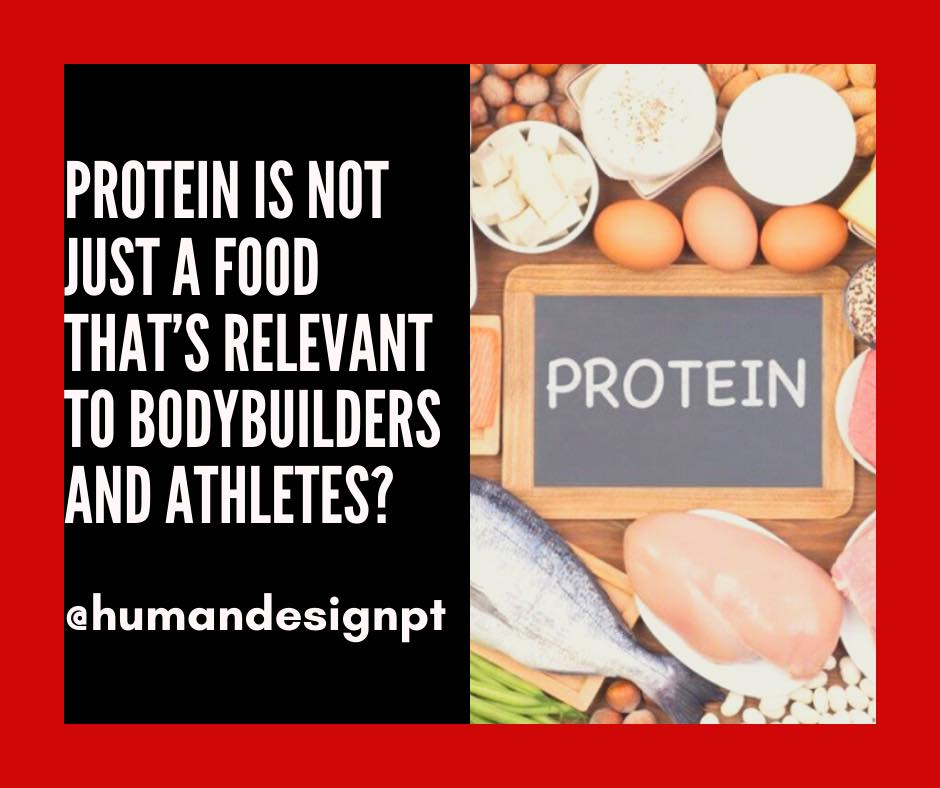
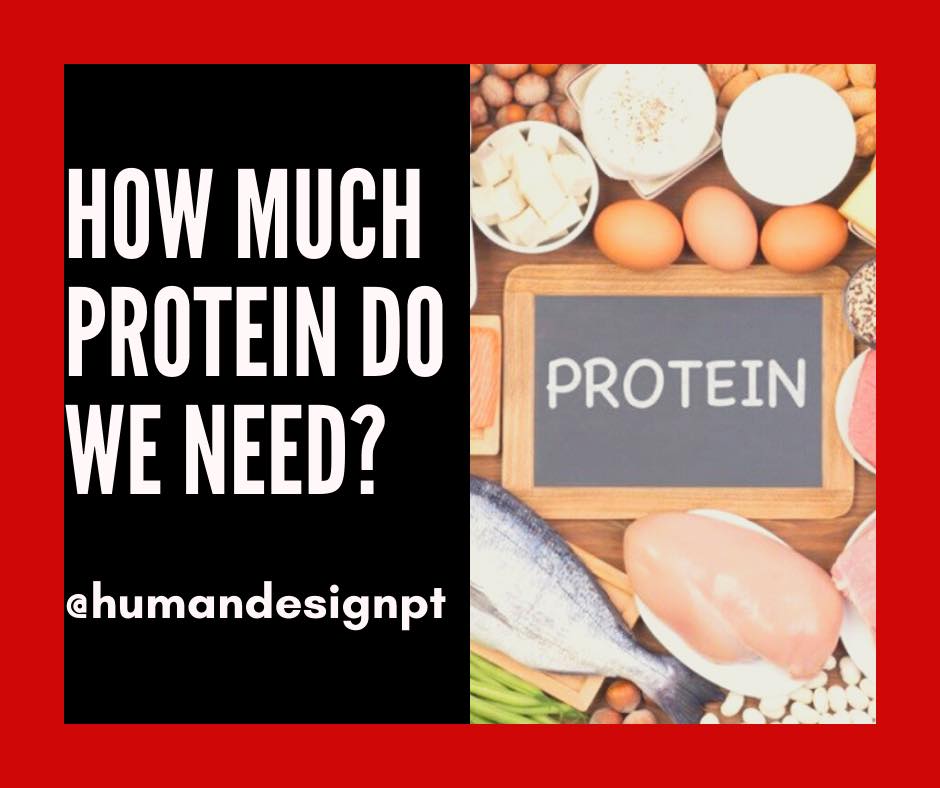
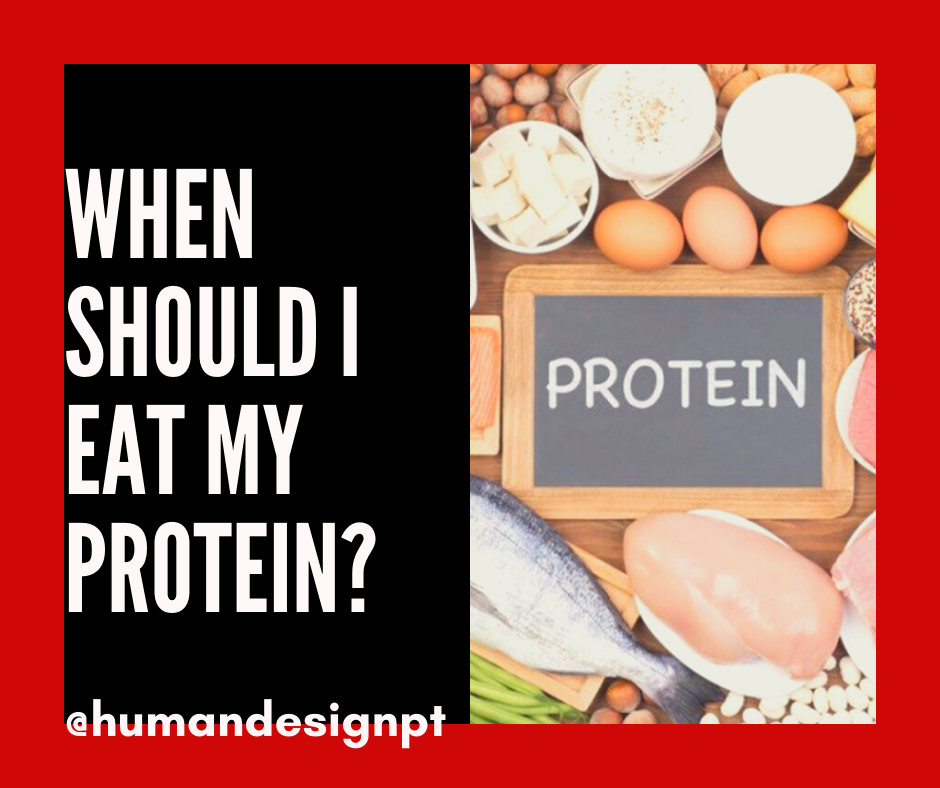
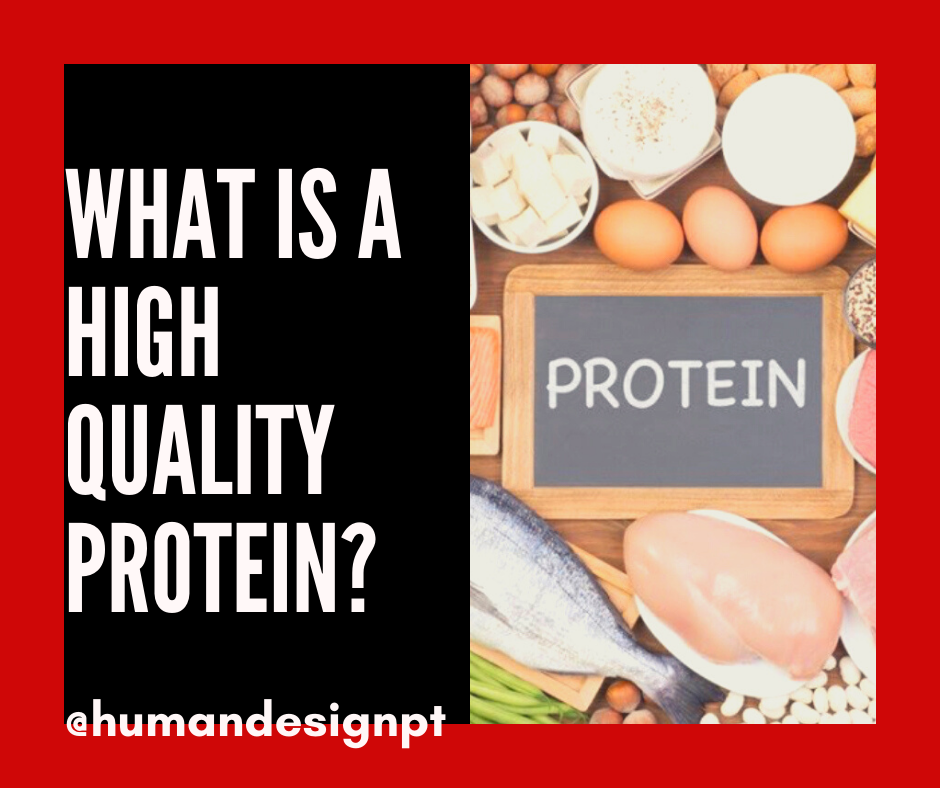
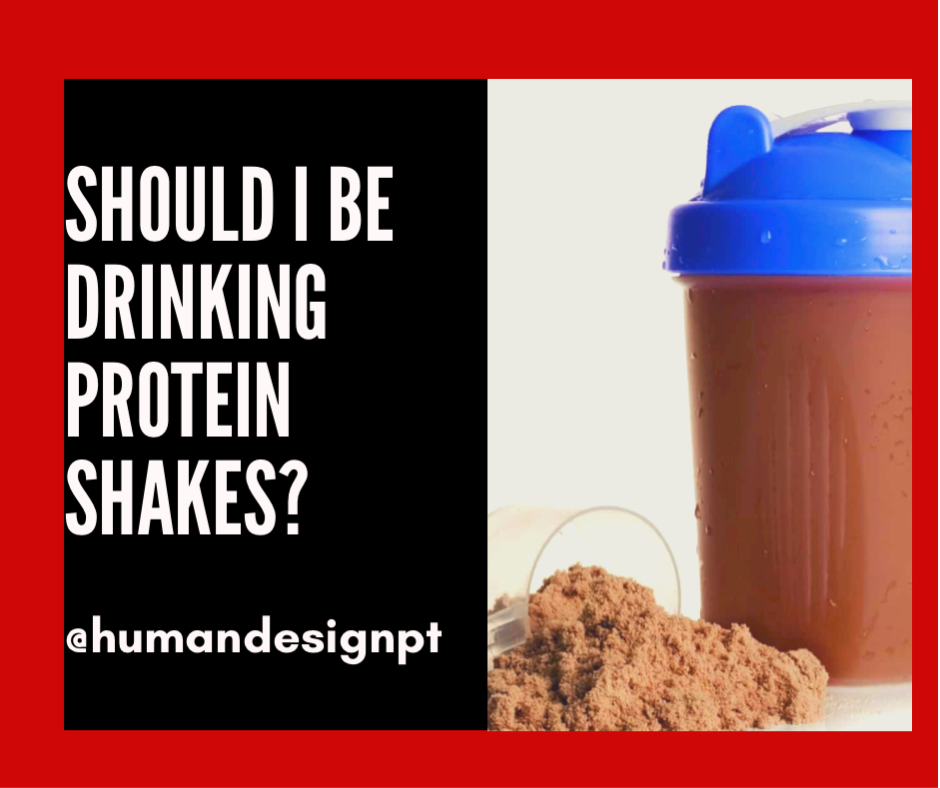
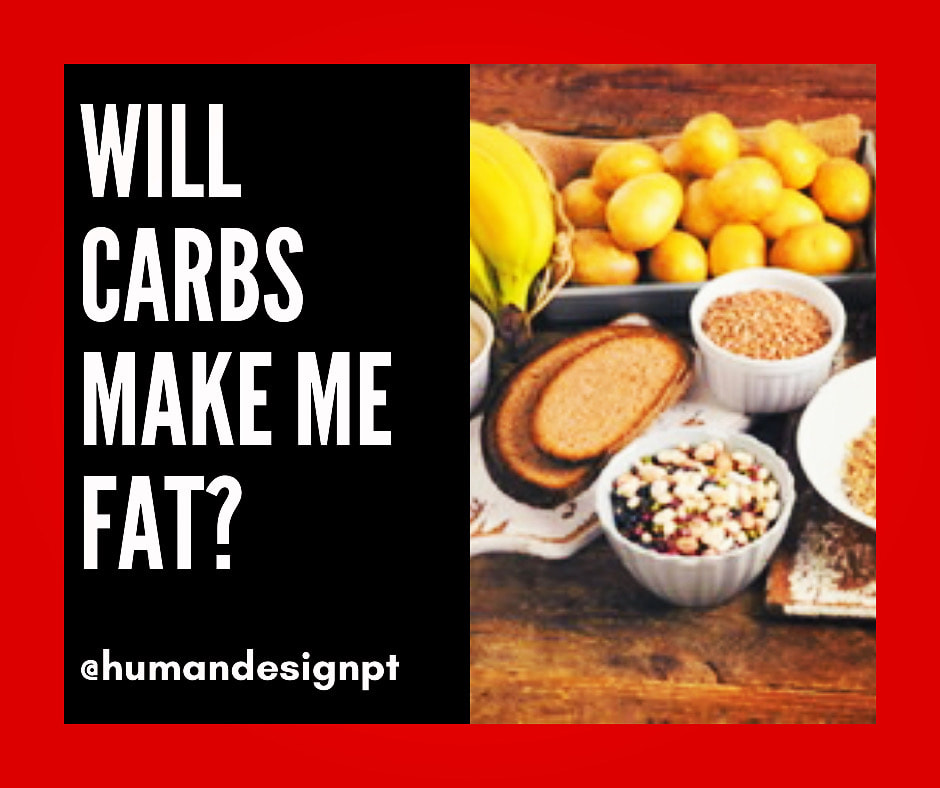
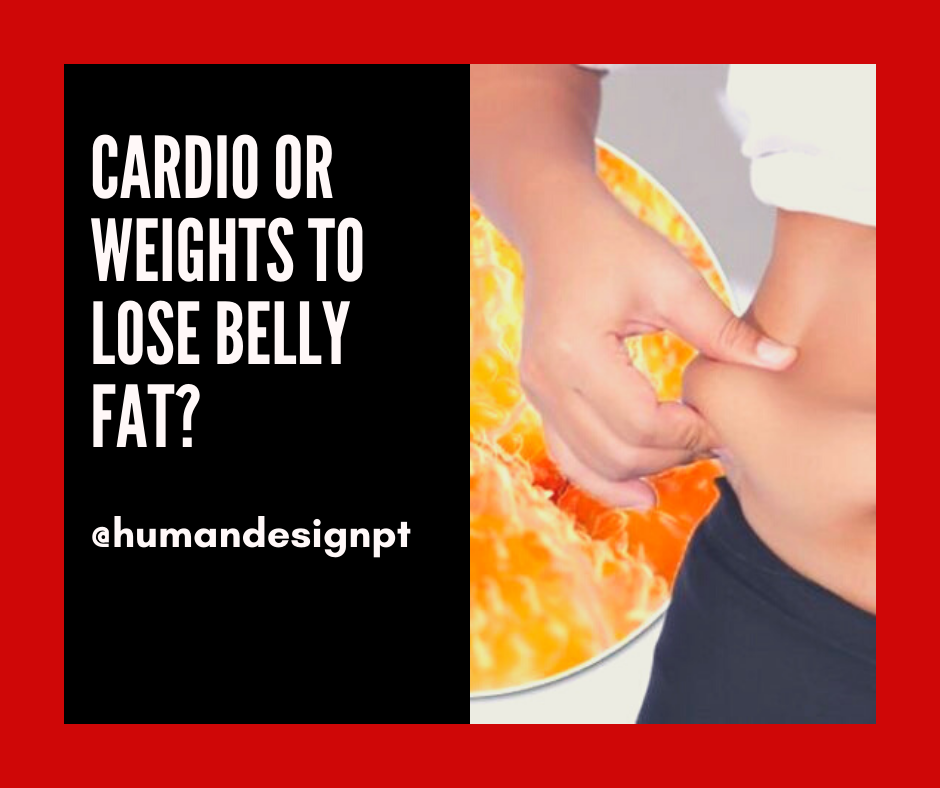
 RSS Feed
RSS Feed
